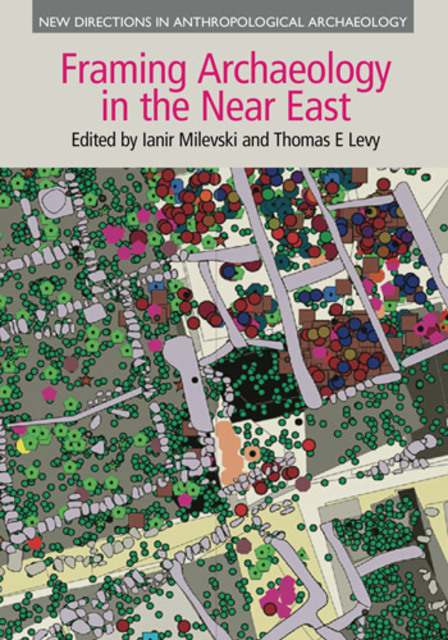Milevski & Levy/Framing Archaeology, 6. Social Theories, Technical Identities, Cultural Boundaries

Full description
A wide archaeological literature deals with Uruk colonies in fourth millennium B.C. northern Mesopotamia, proposing many historical and anthropological models to explain this phenomenon. The case study here presented focuses on the ceramics (especially jars) of Tell Feres al-Sharqi (a chalcolithic village in north-eastern Syria). The analysis of technical features (manufacturing methods, fabrics, morphology) allows to identify, alongside a local chaff tempered tradition, a southern one with mineral fabrics. Both the “colonial situation” between Uruk and local people and the technical borrowings between the two traditions represent a framework recognized in many northern Mesopotamian sites between Late Chalcolithic 3 and 5. But this is not the occasion to repeat well-known data on the culture contact in Upper Mesopotamia. On the contrary, the specific conditions documented at Tell Feres offer the basis for discussing the approach to techniques (the language between humans and things) as a bridge for applying social theories to the archaeological record. The concept of “technical identities” may allow the identification of different social entities (and some elements of their relationships) on a material basis and so to avoid aprioristic evolutional and positivistic attitudes.
- typeImage
- created on
- file formatjpg
- file size109 KB
- container titleFraming Archaeology in the Near East: The Application of Social Theory to Fieldwork
- creatorJohnny Samuele Baldi
- isbn9781781794265 (eBook)
- publisherEquinox Publishing Ltd.
- publisher placeSheffield, United Kingdom
- rights holderEquinox Publishing Ltd.
- series titleNew Directions in Anthropological Archaeology
- doi
We use cookies to analyze our traffic. Please decide if you are willing to accept cookies from our website. You can change this setting anytime in Privacy Settings.
